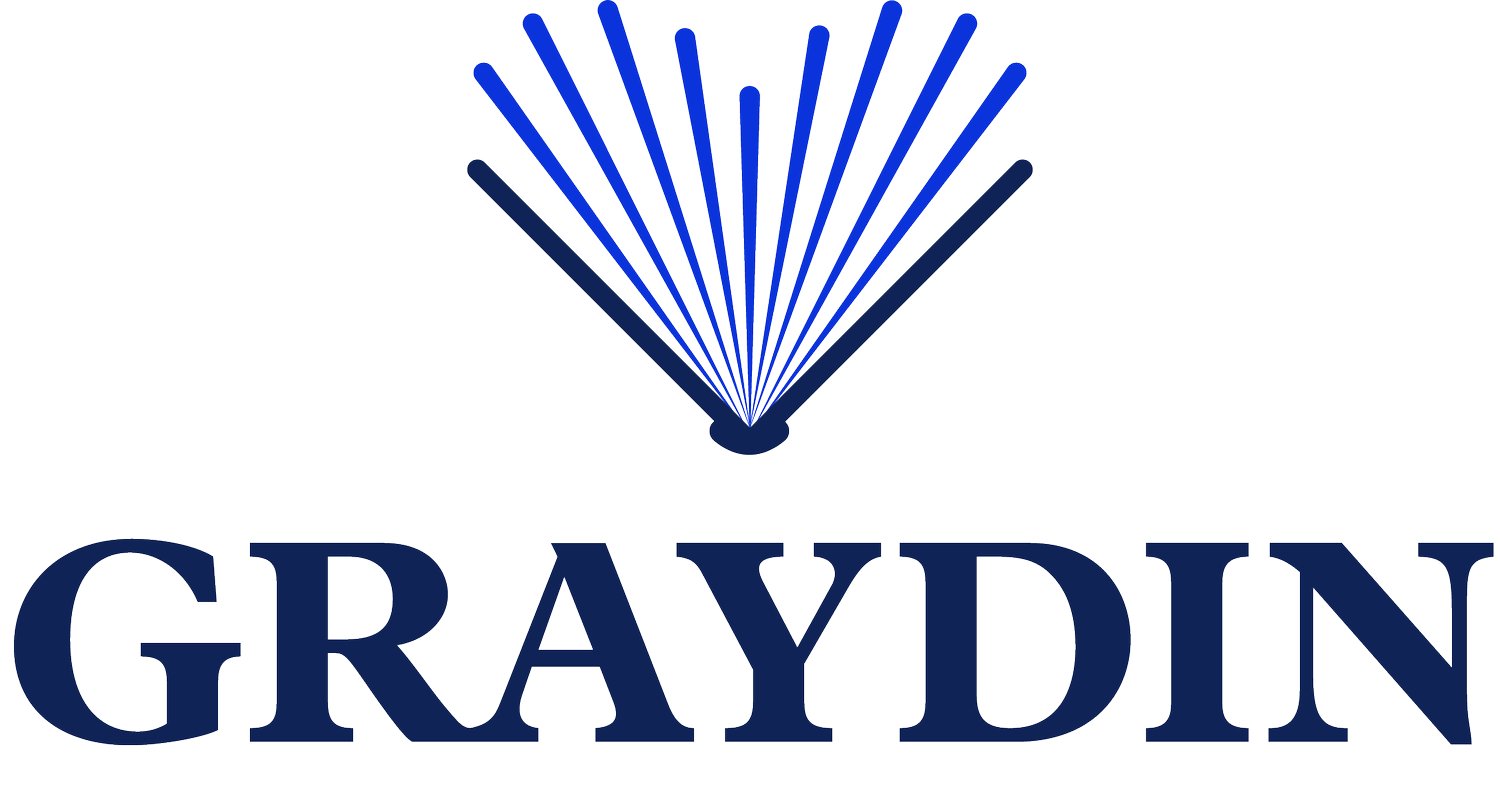Three Things I Only Learned About Coaching, By Coaching
By Kate PeerFull disclosure—I work at Graydin. But, outside of Graydin, my experience with coaching has been tangential at best. I’ve known a few people who have become life coaches, I’ve had a few professional clients who were coaches, but I’ve never really experienced it for myself.
Recently, we at Graydin moved all of our in-person courses online, and as part of that process, I attended the first inaugural Anatomy Live Online Course. I spent four weeks, with 19 other participants—almost all teachers and educators—and we together learned the foundational skills of coaching.
I learned all the concepts that I had been reading about in Graydin’s handbooks—asking great questions, oscillating my listening, Starting with Heart. But I also learned other stuff that wasn’t in our handbooks, and I never really knew about coaching.
So, I thought I’d share them with you. Here are three things I only learned about coaching, by coaching.
Coaching cuts through
As we came to the end of our fourth Live Online Session and we started our Gratitude Circle, I actually thought that I might start crying. And if you know me, I’m not much of a crier. But, here I was, genuinely chocked up. And it was because this shared experience felt different than other newly-formed groups that I’ve been part of in the past. It was more meaningful. When practicing coaching with each other, we quickly dove into each other’s lives—why am I are struggling to exercise, why am I are feeling unsatisfied in my job, why am are frustrated with my partner. I saw how coaching asks (but doesn’t force) you to be vulnerable in a way that few other things do.
I’ve watched enough Ru Paul’s Drag Race to know that being vulnerable is endearing. It allows people to understand and connect with you, and ultimately like you enough to crown you the best drag queen and the season winner.
I knew that, but truly seeing a ‘room’ of strangers be vulnerable enough with each other to genuinely form bonds was moving.
Coaching is visceral
Have you ever been hit in the head with a basketball? There is the moment of impact shortly followed by a moment of shock. This pause usually lasts a few seconds, and then you snap out of it and start processing the pain—you rub your head, look for where the ball came from, maybe try to laugh it off.
“A huge part of coaching is asking effective questions, and a really effective coaching question can hit you like a basketball to the head. You feel the impact of a momentous question. It shocks you. It stops you in your tracks. And then you process it, regaining your bearings, laughing to mediate the intensity.”
I was part of a coaching call where we broke off into breakout rooms to coach in pairs. Upon returning to the group, you could tell that a coach had just asked that basketball-to-the-head level of question. The coachee had tears in her eyes, she was smiling ear to ear, almost giddy. You could feel the electricity of that moment still crackling in the air. I don’t know what was said or what question was asked, but I know that that coachee had just been shook to her core.
I was asked a similarly-effective question during one of my coaching sessions. I’m still working through it. I don’t yet know the answer, but through one simple ‘what’ question, my coach helped me to rethink every aspect of my life.
I don’t need to be a coach to coach
I don’t want to be a life coach. Some people take Graydin’s courses and realise that they do want to become a coach, and go on to get accredited. But that isn’t really what our courses are about. Coaching is a communication technique that I can now use to connect with people. Like humour, like storytelling—coaching is now a skill that I can pull out of my pocket whenever I need it.
My husband and I recently created a Partnership Agreement when we bought a car and realised that we had different perspectives on how long we should leave garbage in the backseat. I used Say It As You See It in a conversation with a friend which allowed us to talk about what was really bothering him. I asked a few What questions to my sister that helped her figure out an issue at work.
I’m not going to be a life coach, but I can already see how I can have better conversations, stronger relationships and deeper connections with my friends and family because of my coaching skills.
We are always asking our clients for their stories around coaching—the specific moment when they saw coaching cut through the noise, make a lasting impact, or create a deeper connection between people. They all have them, and they are all beautiful. I’m now happy that I have my own stories to add to the mix.
